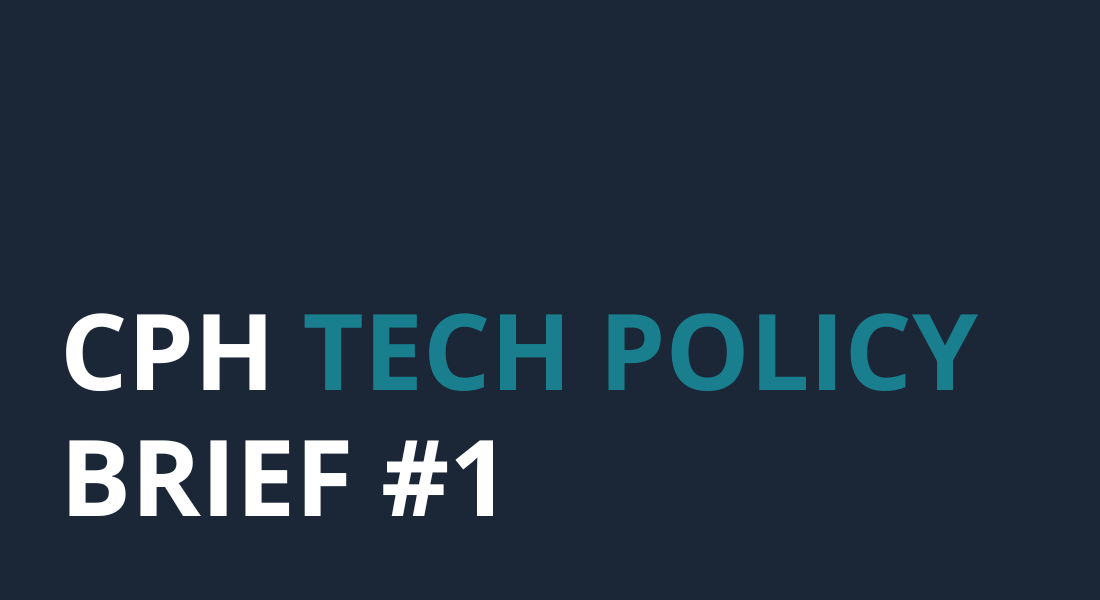CPH Tech Policy Brief #1
Information Control on YouTube and Russia’s Invasion of Ukraine
How effective are online bans as a tool for fighting disinformation?
Yevgeniy Golovchenko has summarised his and Kristina Aleksandrovna Pedersen, Jonas Sjold Raaschou-Pedersen and Anna Roger's latest data memo examining information control on YouTube during Russia's invasion of Ukraine.
This CPH Tech Policy Brief #1 summarises key insights from research on the informational aspect of Russia’s invasion of Ukraine.
The brief dives deeper into the two attempts to control the flows of information on YouTube about the war:
- The recent Russian censorship law
- YouTube’s own global ban on Russian state media channels as part of the platform’s effort to improve the quality of information about the war
The brief shows that YouTube’s ban succeeded in reducing online engagement for the Russian state-controlled media, which serve as frequent sources of disinformation. However, the findings also suggest that some of that engagement may have moved to non-banned pro-Kremlin channels. Overall, large tech firms are capable of curbing central disinformation sources when the policies are implemented globally. However, the broader media ecology needs to be taken much more into account, and policy dilemmas regarding online bans are bound to multiply in the future.
Contact
Yevgeniy Golovchenko
Mail: yg@ifs.ku.dk
Phone: +45 35 33 34 18

